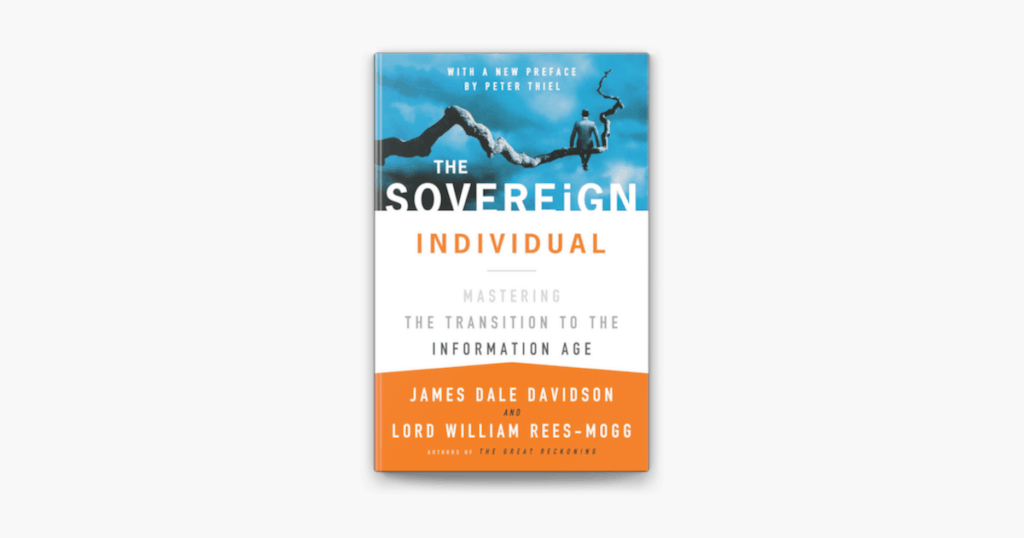

If you’re after a primer on the various ills of late capitalism, then strap yourself in and enjoy this wide-ranging, freewheeling romp by one of the US’s most entertaining digital culture raconteurs. And as Hugo Rifkind notes in The Times, “while the Mindset is interesting, it’s not nearly as interesting as the bonkers escape plans to which it leads”. Inspired by a 1995 article, “ The Californian Ideology”, he chooses to call this “The Mindset” – a frustratingly vague term that doesn’t really clarify things.Īt times, “The Mindset” is roughly synonymous with the ideology of libertarianism at others, it is much more amorphous – referring to everything from growth-based capitalism, to colonialism, to narcissism. Over the next 12 and a half chapters, Rushkoff offers a Grand Unified Theory of tech billionaire ideology.

Unfortunately, however, Rushkoff moves away from the billionaires and their intriguingly delusional self-preservation tactics, into a realm of high ideas. With threats of nuclear war and climate disaster growing, America's 'bunker fantasy' is woefully inadequate

“That’s when it hit me: at least as far as these gentlemen were concerned, this was a talk about the future of technology.” “Here they were, asking a Marxist media theorist for advice on where and how to configure their doomsday bunkers,” he writes.

Rushkoff is bemused, but also grimly amused by it all. One of the CEOs tells Rushkoff about his newly completed underground shelter, then asks, “How do I maintain authority over my security force after the event?” Within minutes, the conversation takes on a distinctly prepper-ish tone. In both pieces, Rushkoff recounts being invited to speak about “the future of technology”, only to find himself at a luxury desert resort in an undisclosed location, speaking to a select audience of five unnamed hedge fund billionaires.


 0 kommentar(er)
0 kommentar(er)
